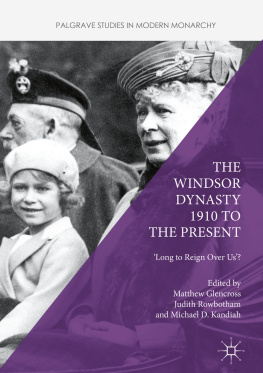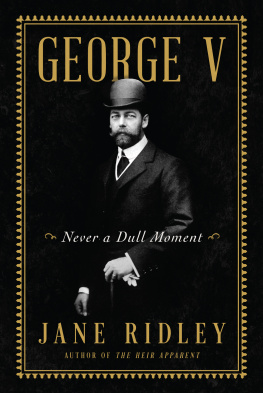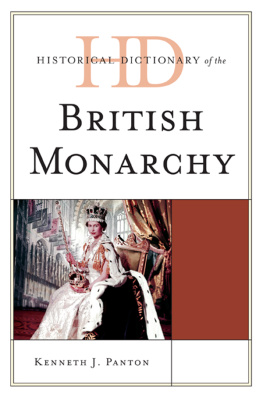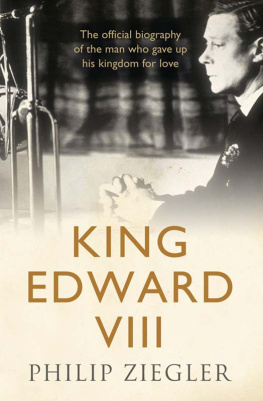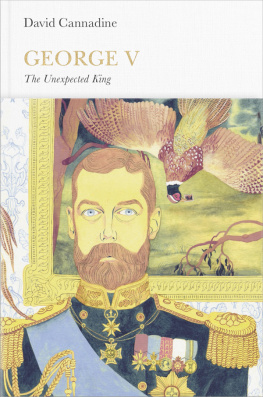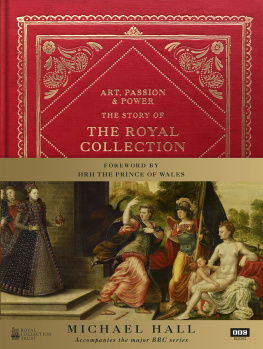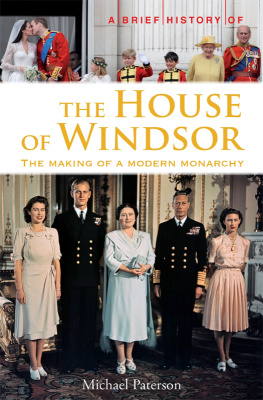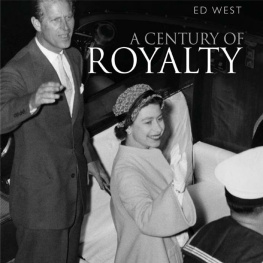1. Introduction
Background
This volume fills in a gap in the current historiography of the twentieth century, promoting a better understanding of why the British monarchy, currently under the House of Windsor, has not only survived, but also flourished, at time when other monarchies, globally, have disappeared to be replaced by a variety of non-monarchical systems. Scholarship on monarchy in the modern era went through a period when it was regarded as being largely irrelevant to the concerns of modern historians, who have concentrated instead on the emergence of post-monarchical systems in Europe after 1918. This has meant that where monarchy has been addressed it has been seen as a background to the development of successor systems. Books in English on both monarchy as a modern form of government and on individual monarchs as political and diplomatic agents have been few and far between in the last half century of substantial historical writing. Recent exceptions have been Douglas-Home and Kellys study of twentieth century monarchy and, focusing on the present reign, Philip Murphys work on monarchy in Britain in the post-imperial era of the Commonwealth. Otherwise, comments on the post-1914 British monarchy as a political force have generally been found in texts written by constitutional experts such as Vernon Bogdanor rather than by leading political historians.
There have been biographies, of course, often written by popular, rather than academic, historiansbut biography has remained an area of academic historical writing that continues to be under-appreciated in terms of the contributions it can make to the understanding of the past, socio-economically and politically. Essentially, this is a product of the traditional Whig approach to history where there is a notion of an end-point which implicitly suggests that there will come a time when the monarchy will become totally irrelevant, and so be disposed of. In seeking to open the debate further, by challenging this underlying Whiggish certainty of the end of monarchy, the book seeks to test the potential for endurance of the monarchy within the British political system, and within the popular support offered to the institution by the population of the United Kingdom as a whole.
Methodological Approaches
Thus the starting point for the contributions to this volume has been a revisiting of the modern British monarchy inspired by a conviction that as a system and an aspect of the political state, monarchy has been undervalued by British scholarship since Walter Bagehots work on the constitution. Bagehots conclusions have been used as a way of writing off the monarchy as a serious player in Britains political and diplomatic history.
A better understanding of the significance of symbolism and how monarchy has epitomised that symbolism to reinforce national identity at individual state level has come from studies on European monarchies in the modern era, particularly the nineteenth century. Johannes Paulmanns work has been widely credited with prompting a rethinking of the importance of royal diplomacy and politics within European states, and is drawn on as a significant influence here. The importance of ceremonial, and the symbolism derived from that, to underpin this link between British royalty and British national identity will be shown here to have been a crucial tool. Moreover it is one very consciously used by all the Windsors, from George V on.
This is not to argue thatas Paulmann also showsnineteenth-century monarchs and their early twentieth-century successors were unaware of the value of ceremonial and its significance for Britishness when performing their monarchical functions, both domestic and international.
However, to emphasise this is to miss the point of the modern monarchical reality as created first by George V and subsequently nuanced and expanded by his successors. Up to the creation of the Windsor dynasty, the individual personality of the monarch was intrinsically intertwined withand arguably the most prominent part ofthe public face of monarchy. Within British history, however, the Crown had been gradually developing as a symbol with a life of its own outside that individual monarchical personality, thanks to the long evolution of constitutional monarchy. The existence of the Crown as symbol was something which was consciously capitalised on by George V, who understood it differently to his father and grandmotherand his elder brother. Never expected to inherit the throne, George had instead been trained to consider himself as a servant of the Crown even though a royal himself. As a serving naval officer, he had become accustomed to a largely unquestioning loyalty to the symbol of the Crown, in a way that those brought up to inherit the throne would not have considered. He saw his duty to the Crown as being preeminent, and did not lose that perspective when he assumed the role of heir apparent. It shaped how he understood the monarchy as an institution, and how he modelled his behaviour when he became King. It also shaped how his successors were educated to consider their roles as heirs apparentwith an emphasis on duty to the Crown and all it stood for, rather than on the privileges of royalty. Essentially, there was a solemnity to George Vs perspective on the monarchy: it was a serious commitment that he took seriously. It is an exploration of how this commitment to monarchy as a solemn dedication to duty, rather than an inherited privilege, has worked out in practice for the Windsors as a ruling dynasty, and how this has manifested itself in terms of relations between the Windsors and the British people that underpins the explorations in this volume.
Writing About Modern Monarchy: The Windsors as Case Study
Nobody questions the importance of a study of the Tudor monarchs, or various successors up to Queen Victoria, nor of their European counterparts. modern British monarchy as a significant practical element in modern British constitutional evolution has too rarely benefitted to date from any extensive scholarly consideration by historical scholarship. With exceptions such as the works of Douglas-Home and Kelly, and Murphy, the passing mentions in much contemporary history of the Windsors as a factor in Britains socio-cultural and political evolution seems rooted in assumptions of monarchys ornamentalism and practical irrelevance in the modern era.
This comparative neglect of monarchical studies as a part of twentieth-century-focused political, constitutional and cultural histories of Britain fits into the approach taken for much of the last half of the twentieth century to other European monarchies. Especially, the bulk of the work on the Russian and German monarchies during the early part of that century relates strongly to explorations of how and why the last incumbents of these thrones were that. In exploring why these monarchies ended, there has been an implication that it was not just the individual monarchs, but also the monarchical system, that had failed.
By contrast, English, and later British, monarchs had, from the time of Magna Carta, to face significant challenges that altered the relationship between rulers and subjects in ways that were unfamiliar (and, as James I and George I certainly thought, unpalatable) to other European rulers. Increasingly, laying claim to the English throne for late medieval and early modern monarchs involved the consent of Parliament for successful succession to the throne. The Civil War of 16421649 can be interpreted, amongst other things, as a conflict between King and Parliament which was only resolved with the consent of the latter to the Restoration of the monarchy in 1660which in turn involved an acceptance by Charles II of the right of Parliament to have their advice followed by the monarch on certain key issues. The abdication of James II and succession of William and Mary in 1688, and the succession of the Hanoverian dynasty in 1714 under George I, further emphasise the extent to which British monarchs ruled with the consent of Parliament, and that that consent increasingly involved the active management of government by politicians, though still in the name of the monarchy.

